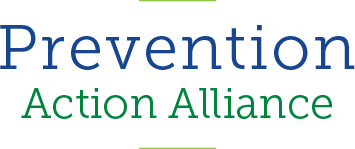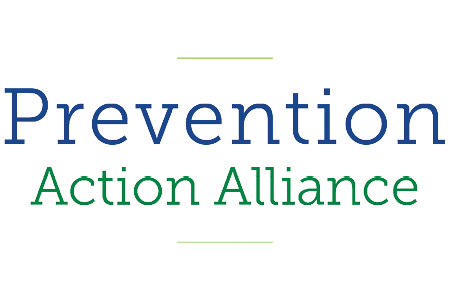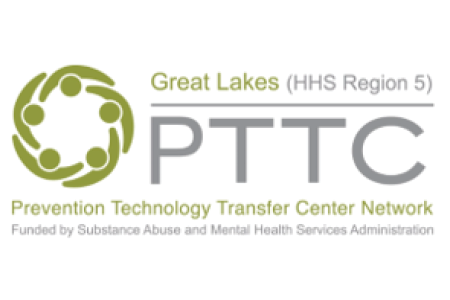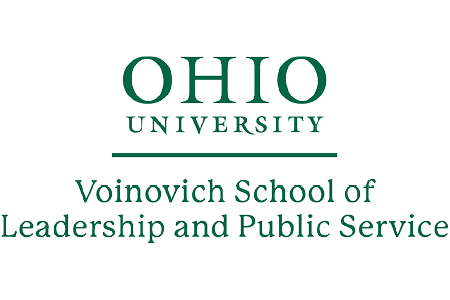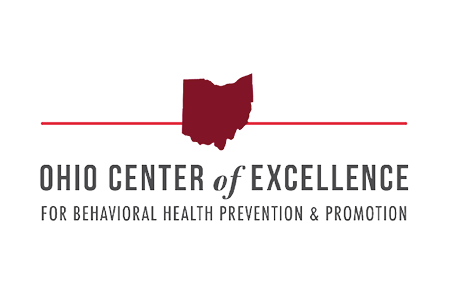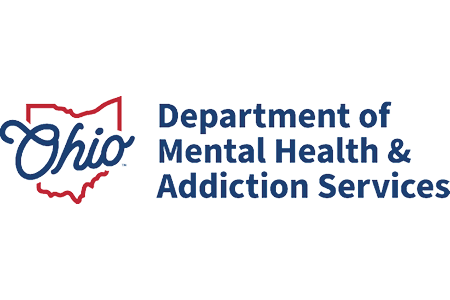CLAS Standards as a Catalyst for Prevention: A Learning Collaborative

Summary
Funding
Funding for this project was provided by Ohio University – Voinovich School of Leadership and Public Service and Prevention Action Alliance (PAA). Funds supported a flexible learning stipend for each eligible agency, including food and venue. PAA also covered the cost of the NIATx Foundation CLAS Assessment (NFCA™) tool. Training support was provided by the Great Lakes Prevention Technology Transfer Center (PTTC) located at the University of Wisconsin-Madison.
Process
A request for applications was announced, and participation was open to OhioMHAS-certified prevention agencies. Eleven unique prevention agencies serving urban, rural, and suburban communities in NE, NW, Central, and SW Ohio, as well as Appalachia Ohio, were selected to participate in the learning collaborative.
Twenty-nine participants representing the 11 agencies attended a two-day summit to initiate prevention agency-specific CLAS Standards change projects. All agencies were given the opportunity to assess their agency’s understanding and utilization of the National CLAS Standards using a customized NIATx Foundation CLAS Assessment (NFCA™) tool provided by Prevention Action Alliance in collaboration with NIATx™. This assessment was used as the baseline measurement to track progress and outcomes for the project.
A combination of collaborative coaching sessions and Individual organization coaching sessions were provided during the three months after the summit. All teams participated in these learning collaborative webinars during the implementation phase of the collaborative to share ideas, successes, and challenges with others in the collaborative. Throughout the process, the learning collaborative coaches provided technical assistance through Zoom meetings, phone, and email feedback on plans and implementation. This included a review of each organization’s strategic plan prior to implementation.
At the conclusion of the CLAS Learning Collaborative, all the participating organizations came together to celebrate and present their respective change project in what was called a 5x5 PowerPoint presentation, five slides in 5 minutes.
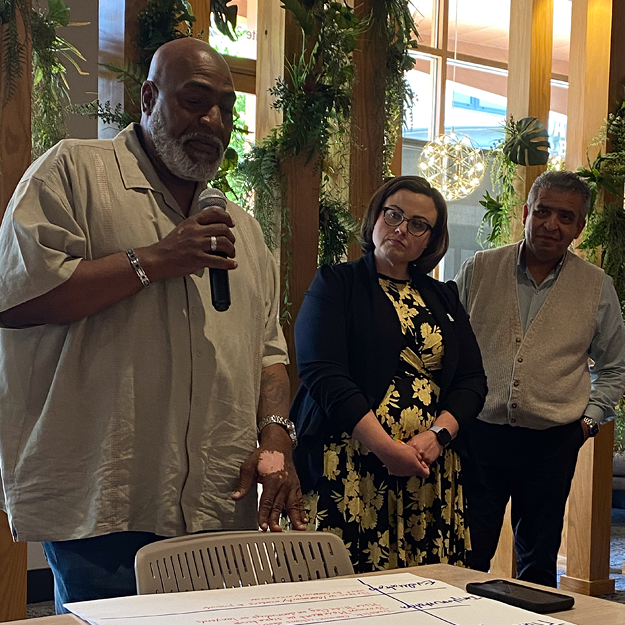
Teams share out an example of using the NIATx™ Plan, Do, Study, Act (PDSA) cycle.
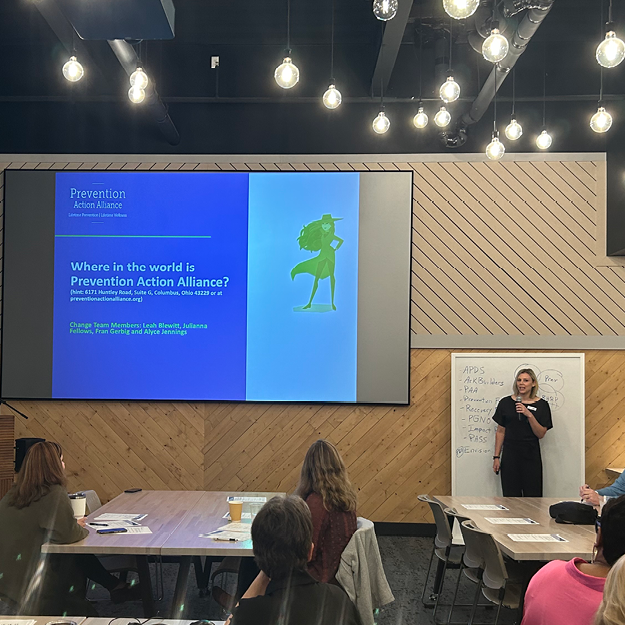
Each agency presented their Change Project in a 5x5 presentation.
Preliminary Analysis
Request for Application is released.
Application Deadline
June 14, 2023
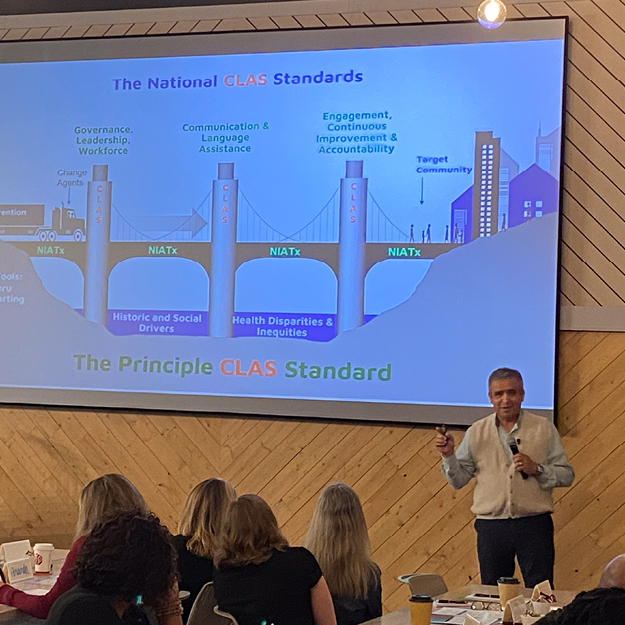
Summit - Day One
The cohort was introduced to a comprehensive analysis of the 15 National CLAS standards Culturally and Linguistically Appropriate Services - Think Cultural Health (hhs.gov) to be considered as a framework in the prevention arena.
June 15, 2023
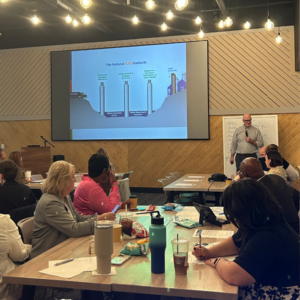
Summit - Day Two
The NIATx™ Change Leader Academy model was utilized to help participants define a cultural change project that will initiate continuous process improvement.
All participants received templates to guide the development of a plan for their organization. The teams began selecting their CLAS change project goals and strategies during the summit and continued the development of their plans after the meeting in consultation with senior leaders and others in their organizations.
Project Presentation and Celebration
Participating organizations came together to celebrate and present their respective change project in what was called a 5x5 PowerPoint presentation, five slides in 5 minutes.
Partners
Presenters
Participating Prevention Agencies
- Eleven unique behavioral health organizations, 32 participating staff members
- Representing NE, NW, SW, Central, and South-Central Ohio; urban/metro, rural and suburban communities
- Youth
- New citizens: Guatemala, Nepali, Somalia
- 100% agency representation for all learning opportunities
- It allowed us to prioritize efforts.
- New information
- TA with implementing a system-based change
- It was very informative
- Poster project
- The understanding, care, and professionalism that everyone put in to make this possible.
- Collaboration learning
- The ability to network and collaborate resources
- Networking
- New information, learning from the other members of the cohort
- The agency 5x5 presentations were varied and eye-opening
- The new knowledge that was gained and learning and hearing from the other groups.
- The time difference between meeting in person.
- A lot of information to retain, and difficult to start the process of the model
- The practicality to actually connect the materials to the client
- Just running out of time for the sustainability conversation.
What is one concept that you learned from this training that you will try to incorporate into your own work?
- How important my ideas are to the overall success of the organization.
- The 5x5 presentation structure was beneficial. I definitely want to use it for other presentations.
- Development of a flow chart to implement culturally based change.
- Continue change project
- Brainstorming techniques and processes of change projects.
- How there is more meaning to the world culture.
- NIATx
- On-the-spot polling of survey information.
- To recognize that we don't know what we don't know...we need to be humble and willing to learn.
- Sometimes definitions of terms aren't needed, as in "cultural frame."
- Approach the community and fellow prevention staff with an open mind, culturally and linguistically.
- CLAS standards
